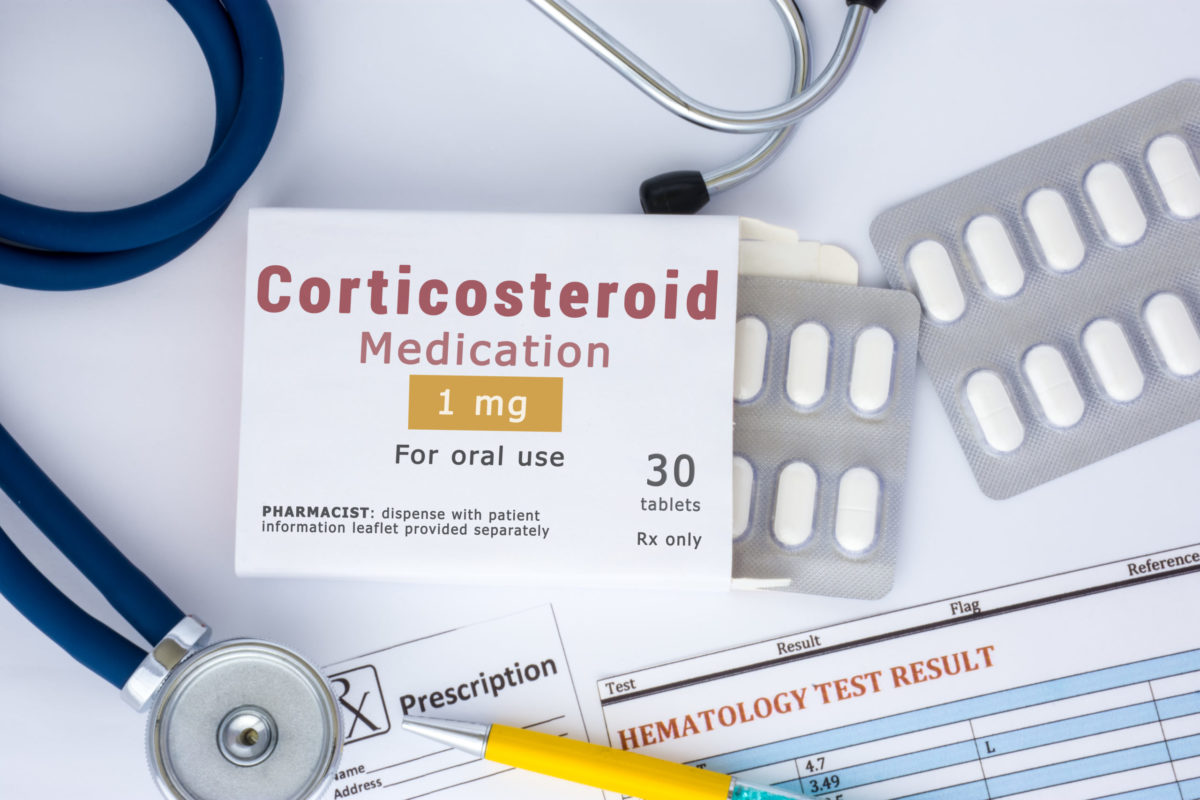In recent years, there has been significant progress in the field of medicine, particularly in the area of pharmaceutical advancements.
One such breakthrough has been the development and utilization of Genex steroids. These steroids, derived from the latest advancements in genetic engineering, offer a promising avenue for various medical applications.
We will delve into the potential medical uses of Genex steroids and the implications they hold for the future of healthcare.
Understanding Genex Steroids
Genex steroids are a class of steroids genetically engineered to enhance their effectiveness and reduce potential side effects. Traditional steroids, such as corticosteroids, have been used for decades in medicine to treat various conditions. Still, they often come with unwanted side effects due to their non-specific binding to cellular receptors throughout the body.
Genex steroids are created utilizing genetic engineering methods to alter their composition and characteristics. Scientists can produce steroids that are more selective in their functions by modifying the genes responsible for steroid synthesis. These steroids will target specific cellular receptors linked to the intended therapeutic effects.
Genex steroids’ genetic alteration enhances their action’s accuracy, enabling more specialized therapeutic strategies. This selectivity lessens the adverse effects frequently connected with conventional steroids and lowers the possibility of off-target effects. Scientists can increase Genex steroids’ effectiveness while minimizing unfavorable interactions with other tissues and organs by engineering them to interact with specific receptors exclusively.
Genex steroids can be designed to have a wide range of properties, such as anti-inflammatory, immunosuppressive, tissue-regenerative, or neuroprotective effects. This flexibility opens up new possibilities for treating various medical conditions and offers potential advancements in fields like rheumatology, dermatology, regenerative medicine, and neurology.
Anti-inflammatory and Immunosuppressive Properties
One of the remarkable properties of Genex steroids is their ability to exhibit anti-inflammatory and immunosuppressive effects. Inflammation is a natural response of the body’s immune system to injury or infection, but excessive or chronic inflammation can contribute to various diseases and conditions.
Genex steroids, through their targeted and selective action, can help reduce inflammation by modulating the immune response. They interact with specific cellular receptors involved in the inflammatory process, inhibiting the production of pro-inflammatory molecules and suppressing the activation of immune cells.
Genex steroids effectively treat autoimmune conditions, including lupus, multiple sclerosis, and rheumatoid arthritis, by lowering inflammation. An immune system that is hyperactive under certain situations and unnecessarily targets healthy tissues. Genex steroids include anti-inflammatory and immunosuppressive qualities that can help treat patients’ symptoms, lessen disease activity, and enhance the quality of life.
Compared to traditional steroids, Genex steroids offer the advantage of greater specificity in their action. This means they can target inflammatory processes more precisely while minimizing the impact on non-targeted tissues and organs. As a result, the risk of side effects associated with systemic corticosteroid therapy, such as bone loss, weight gain, and immune system suppression, may be reduced.
Enhanced Tissue Regeneration
Enhanced tissue regeneration is another intriguing aspect of Genex steroids. Through genetic engineering techniques, these steroids can be designed to promote cell growth, tissue repair, and regeneration, opening up new possibilities in regenerative medicine.
Genex steroids can stimulate the proliferation and differentiation of specific cell types involved in tissue regeneration. By interacting with targeted receptors, they can activate signaling pathways that promote cell division, migration, and the production of extracellular matrix components necessary for tissue repair.
This feature of Genex steroids has a significant impact on how different illnesses, such as burns, slow-healing wounds, and chronic wounds, are treated. Chronic lesions like diabetic ulcers with a sluggish healing rate may be challenging to treat. By encouraging cell growth, angiogenesis (the formation of new blood vessels), and tissue remodeling, Genex steroids can improve the body’s reaction to healing.
Furthermore, Genex steroids may also play a role in regenerating damaged organs or tissues.
For instance, researchers in the field of cardiology are investigating the use of Genex steroids to encourage the regeneration of cardiac muscle cells after a heart attack. Similar research is being done in neurology to see whether these steroids can aid in promoting neuronal regeneration and functional recovery following spinal cord injury or neurodegenerative illnesses.
Although Genex steroids have the potential to improve tissue regeneration, it is essential to keep in mind that this area of research is still in its infancy. To completely comprehend the processes behind their regenerative benefits and to optimize their usage in various therapeutic settings, more study is required.
The risks and long-term consequences of employing Genex steroids for tissue regeneration must be carefully considered. Like with any medical procedure, the potential risks and benefits must be carefully balanced against one another while considering the specific ailment being treated, the patient’s general health, and any possible drug combinations.
Neurodegenerative Disorders
Neurodegenerative disorders such as Alzheimer’s and Parkinson’s disease pose significant challenges in modern medicine. However, Genex steroids offer potential therapeutic avenues for these conditions.
Researchers are investigating how these steroids can control neuroinflammation and enhance neuronal survival, thereby delaying the onset of illness and enhancing the quality of life for those affected.
Cancer Treatment
The field of oncology is another area where Genex steroids show promise. Scientists are investigating the use of these steroids to target specific receptors on cancer cells, thereby disrupting their growth and survival.
By combining Genex steroids with other cancer treatments like chemotherapy or immunotherapy, researchers hope to enhance the effectiveness of existing therapies and reduce side effects.
Conclusion
The usage of Genex steroids is a cutting-edge medical advancement. They provide new opportunities for individualized therapy with fewer side effects because of their genetic modifications.
From combating inflammation and promoting tissue regeneration to potentially improving the outcomes of neurodegenerative disorders and cancer treatment, the medical uses of Genex steroids hold great promise for the future.
As further research and clinical trials unfold, we can expect to witness even more breakthroughs in this exciting area of medicine.









